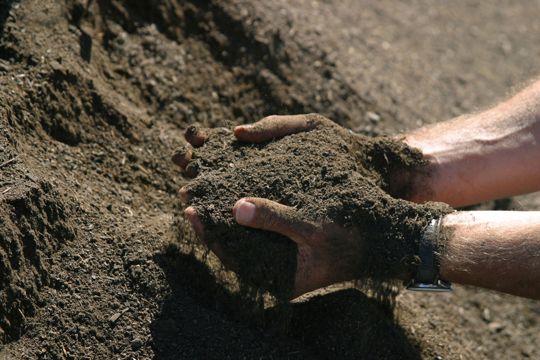There are a lot of benefits to composting
Today in the US, over 60 billion pounds of vegetable scraps go to the landfill. Currently, 5% is made into compost. That means the remaining 95% is creating methane gas as it breaks down in the landfill.
Composting mimics a natural up-cycling process in nature, the transformation of raw, organic materials into nutrient-available, fertile soil additives. Your black gold is beyond fertilizer. It is a complex, living, probiotic soil regenerator. There are so many benefits to compost. For example, strengthening the plant’s immune systems, making plants less prone to diseases and insect pests, enhancing food nutrition levels, increasing crop yields, and increasing the soil’s water-holding capacity. It is the very foundation of the soil food web.
Composting doesn’t have to be complicated
It is actually simple. First, you need to know what you should not put in your compost. No meats, bones or milk products. Additionally. no cooking oils, grease or mayonnaise. Forget about diseased plants, the disease may not break down. Human and animal waste should not be placed in the compost bin. Items like weed seeds, colored or glossy paper, plastics, or treated wood products (i.e. pressure treated, stained, varnished or painted wood byproducts) may not break down. And of course, no insecticides or herbicides.

What you do want is a good balance of nitrogen-rich materials like grass clippings, green leaves and veggie scraps mixed with a greater amount of carbon-rich items. Great examples of carbon sources include untreated wood chips, brown leaves, and discarded paper products. The compost should be barely damp but never wet, well aerated and turned about every two weeks minimum, more often if you can. If your balance of C-N is correct and your moisture level is ideal, you will experience no foul odors.
Conversely, if you do have foul odors, quickly correct by adding more carbon items. In several months with proper care, you can begin to harvest your “Black Gold.” Once you make composting a habit by making minor adjustments, you will find composting becomes easier and very rewarding. You will be doing your part to help the environment and enrich your soil as well as your life!
More Florida-friendly tips can be found on our webpage. https://tinyurl.com/yb8oo9g5
Bring your gardening problems to us. We have a Plant Diagnostic Clinic located 1303 17th Street, West in Palmetto. You can also call us at (941)722-4524. You can email a gardening problem or photo to ManateeMG@gmail.com. Call us for our hours of operation.
Article by Susan Griffith, Florida-Friendly Landscaping Program Coordinator
 0
0
